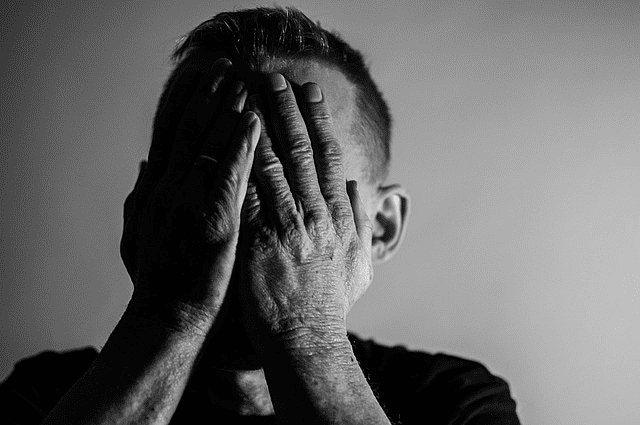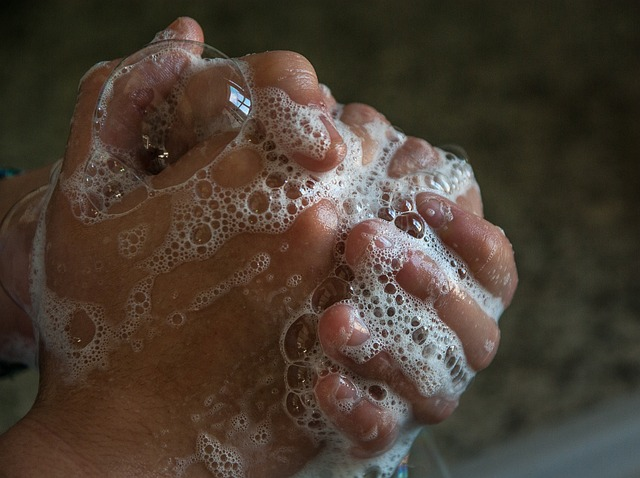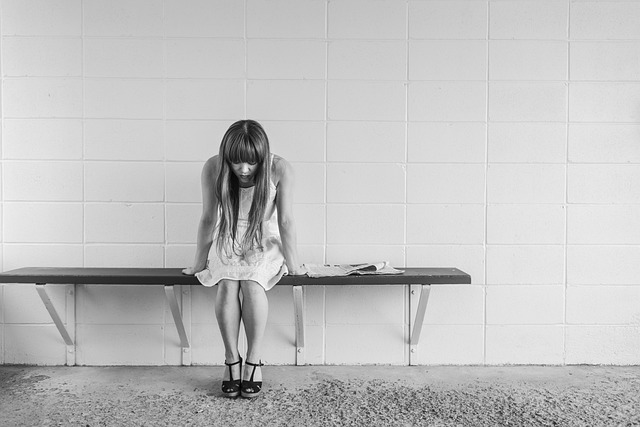The Distressing Impact of OCD and Where to Get Help
Mariella Arceo
Dec 07, 2022
Obsessive-Compulsive Disorder, or OCD, is a mental disorder that affects nearly 2 in 100 adults in the United States in their lifetime.

Common obsessions include fear of contamination, worries about making mistakes, and intrusive thoughts about harm coming to oneself or others. Common compulsions include excessive hand-washing and cleaning, repeated checking of doors and appliances, and counting or organizing objects in a certain way.

While these behaviors may provide temporary relief from anxiety, they ultimately reinforce the cycle of OCD, which can be a very debilitating condition, causing significant distress and impairment in daily functioning. Many individuals will go out of their way to avoid triggers or spend multiple hours each day focused on their compulsions.

Even when a person's compulsions aren't visible to others, such as someone who counts in their head or repeats thoughts, the disorder can still take a toll. A lack of external signs of compulsions does not make OCD (or, in this case, pure obsessional OCD) any less distressing.
People with OCD often realize that their obsessions are irrational, but they cannot control them without help. Fortunately, effective treatments are available for people with OCD, such as cognitive-behavioral therapy (CBT) and exposure-response prevention (ERP).
With the help of a mental health professional and medication when it's needed, people with OCD can stop their compulsive behaviors, significantly lower their distress, and improve their quality of life.